Our Imperial Parents
Stories of flourishing in parenthood and in academia
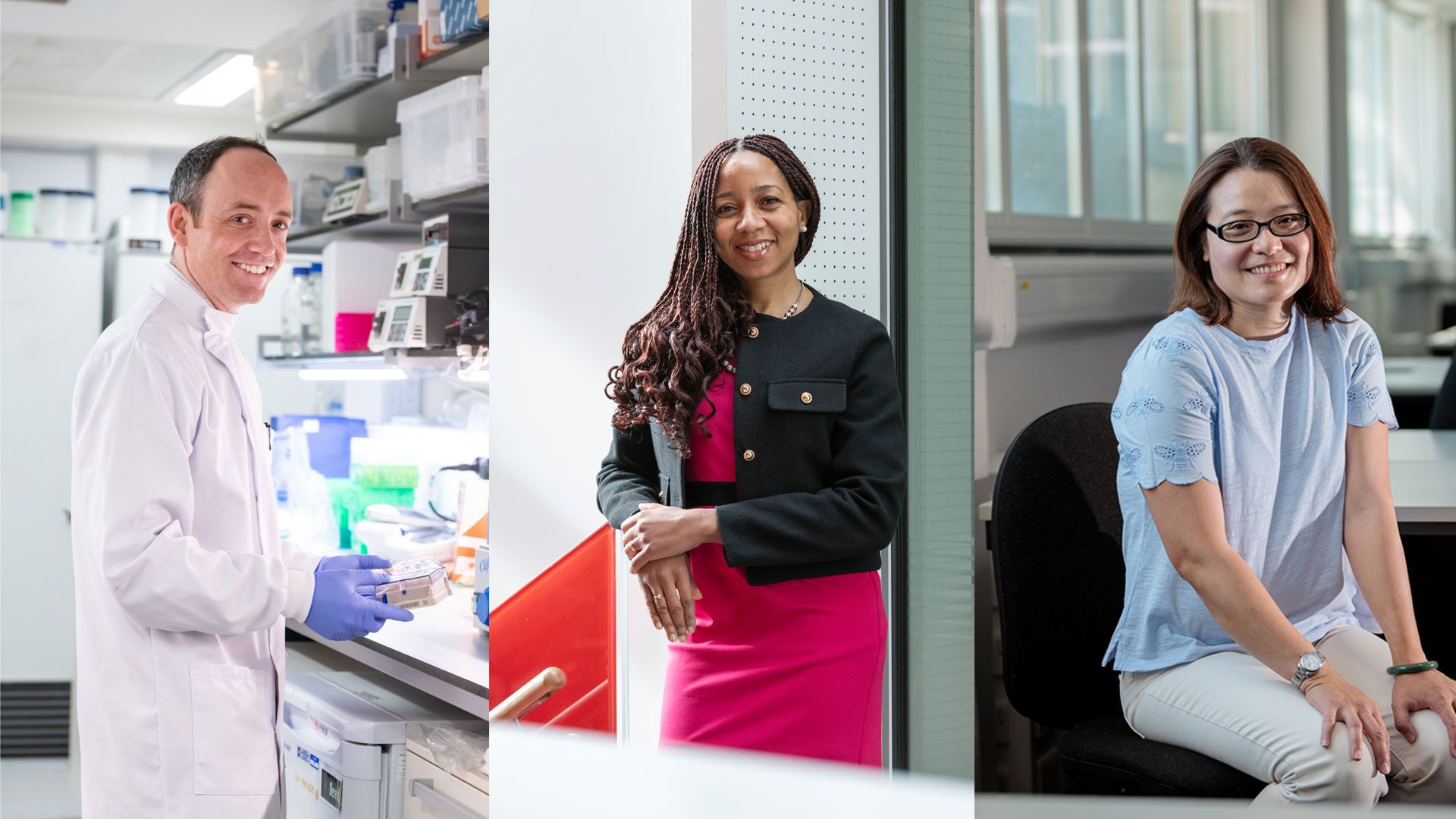
Foreword
As memories of the Easter holidays fade and children return to school, a mix of emotions may be felt by those of us who are parents. Sadness of not being able to spend as much family time together, alongside the relief of returning to our more regular professional routines.
Becoming a parent can be one of the most significant changes in someone’s life. At Imperial, we think it’s vital to create an environment that celebrates inclusivity and diversity, recognising that individuals excel when they can authentically express themselves in every facet of their lives—including parenthood. Supporting our community through effective family-friendly policies is a key to putting this into practice.
I’m pleased that we now have a wide range of initiatives and support available at Imperial, from shared parental leave to flexible working, and a carers network all designed to support parents navigating the balance between their personal and professional lives. In this piece you’ll hear from a range of parents from across our Imperial Faculty of Medicine community. We want to highlight the experiences of our colleagues, offering an insight into the often-intricate dance of parenthood and career, while highlighting the tangible support available at Imperial.
At Imperial, we think it’s vital to create an environment that celebrates inclusivity and diversity, recognising that individuals excel when they can authentically express themselves in every facet of their lives—including parenthood."
Empowering parents through flexibility

Dr Michelle Percharde a Group Leader at the MRC Laboratory of Medical Sciences, Honorary Senior Lecturer in the Faculty of Medicine, and UKRI Future Leader, paints a vivid picture of the juggling act that many working parents, particularly those in research, experience.
"Being a postdoc often requires you to work long hours, which only intensified when I began to lead my own research group," reflected Michelle. "This was also the case when I was an independent fellow. When I became a mother, much of my work had to fit into the nine-to-five window. With both of my kids at nursery, I needed to make sure that I left work on time to pick them up from school. To balance my work and the duties of parenthood, sometimes I work after the kids have gone to bed. However, this is something I try to avoid."

In a world where the demands of research often spill beyond the conventional working day, Michelle's candid revelation strikes a chord with many parents. The juggling act between professional ambitions and parental responsibilities is one that requires both skill and an environment that nurtures flexibility.

Similarly, Dr Tom Parks, Clinical Senior Lecturer in the Department of Infectious Disease, speaks about his experience with flexible working. This approach to work-life balance initially started during Tom's tenure as a doctor with the NHS after welcoming his first-born son and taking shared parental leave. On taking parental leave he says: “At the time it was relatively unusual to take, as a father, a month away from clinical training and do that.” This didn’t deter Tom who took leave again with his youngest and extending it by a couple of weeks.
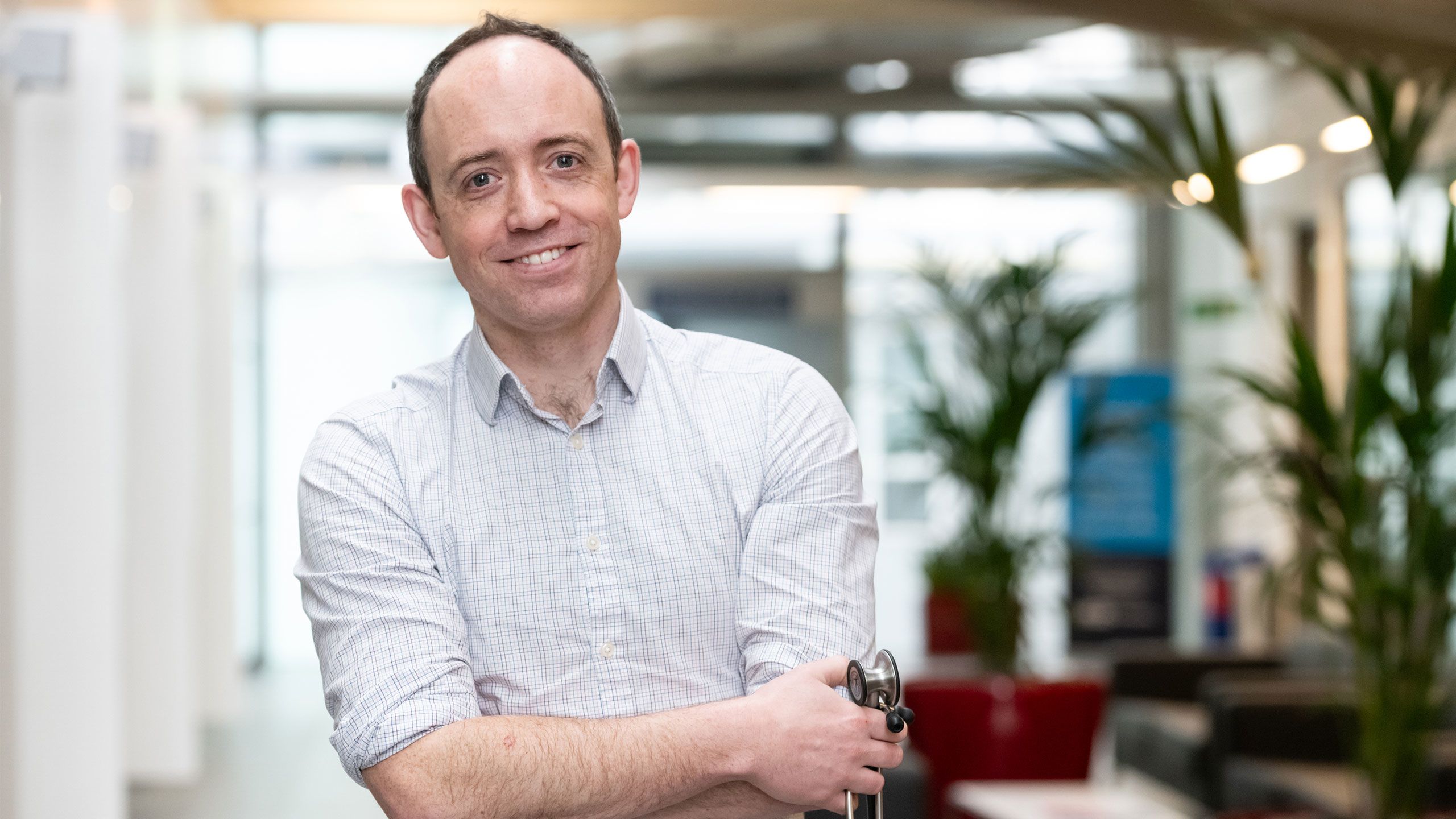

It was at the NHS that Tom began to also work at an 80 per cent full-time equivalent work arrangement, a flexible model which transitioned with him to his current role at Imperial. "My wife and I work at 80 per cent, and so the kids have a day each with us at the end of the week." This deliberate scheduling has allowed Tom to be more present in his children's lives. He emphasised, "I'm around a lot more than I would otherwise have been if I wasn't working at 80 per cent capacity. It's been extremely valuable to have the opportunity to do that and to be able to be around that extra day."
This has also had a profound impact on his work-life balance. "I think academics and clinical academics tend to work a lot of hours. Most often, the hours of work they do is more than what they are paid to do. If I’m not on site one [due to being at home with the kids] of those days, my work is contained, and it means I work closer to 100% as opposed to 150%.
The crucial impact of parental leave
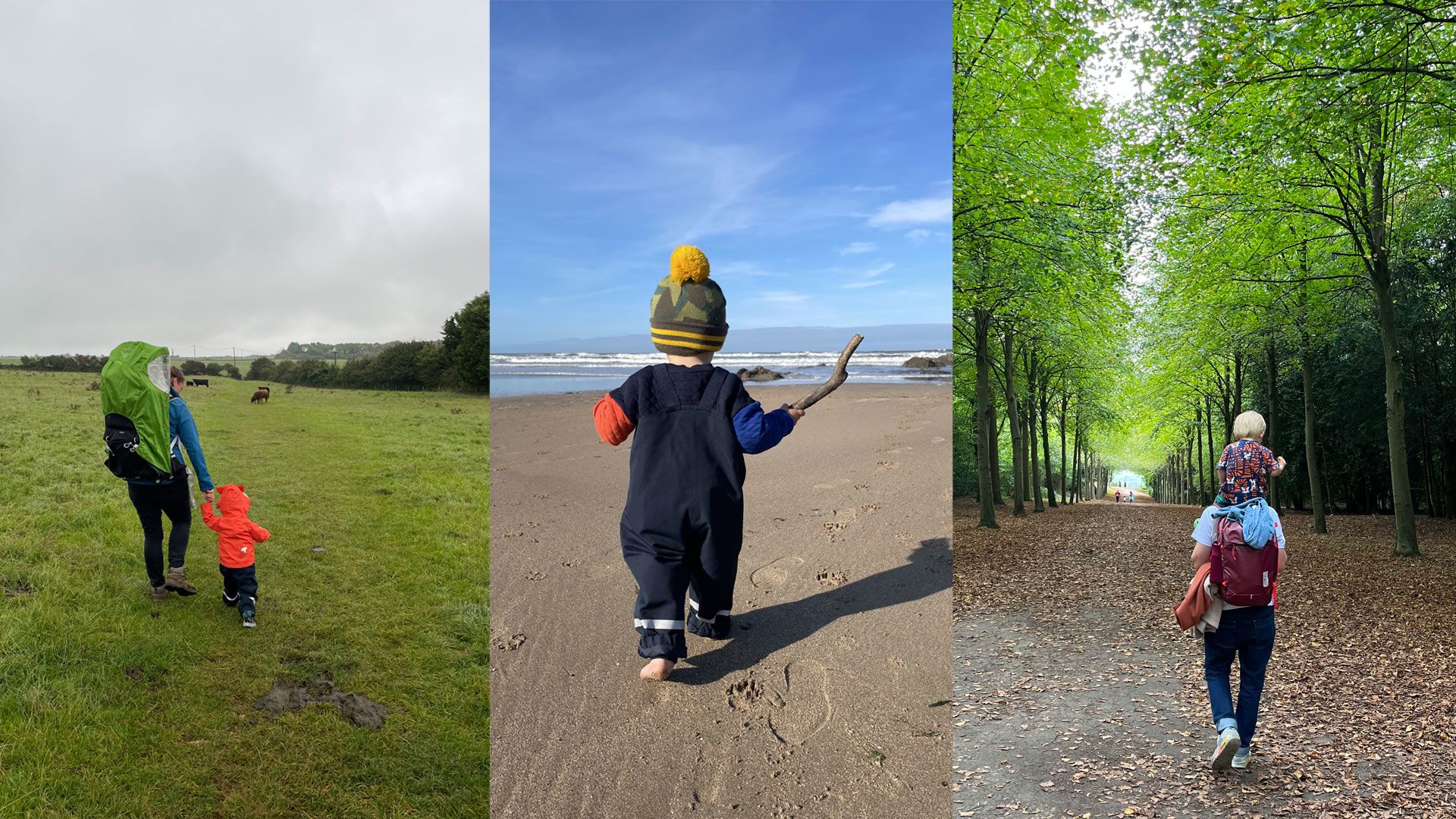
Dr Anthony Laverty joined Imperial back in 2009 and is now a Senior Lecturer in the School of Public Health. He reflected on his experience with using shared parental leave when the policy was still relatively new, having explored the option with his first-born daughter seven years ago, having heard about it during his time on the Athena Swan committee. Recalling the process, Anthony shares: "The colleague in HR was extremely helpful and enthusiastic in helping me make use of the policy, but I got the impression that there hadn’t been loads of people who had used it…”
Anthony decided to take the full 18 weeks off with his daughter. Reflecting on those precious weeks, he affectionately notes, "It was just me at home with the baby, which was great. It wasn't always easy, but it was great to spend that time with her."
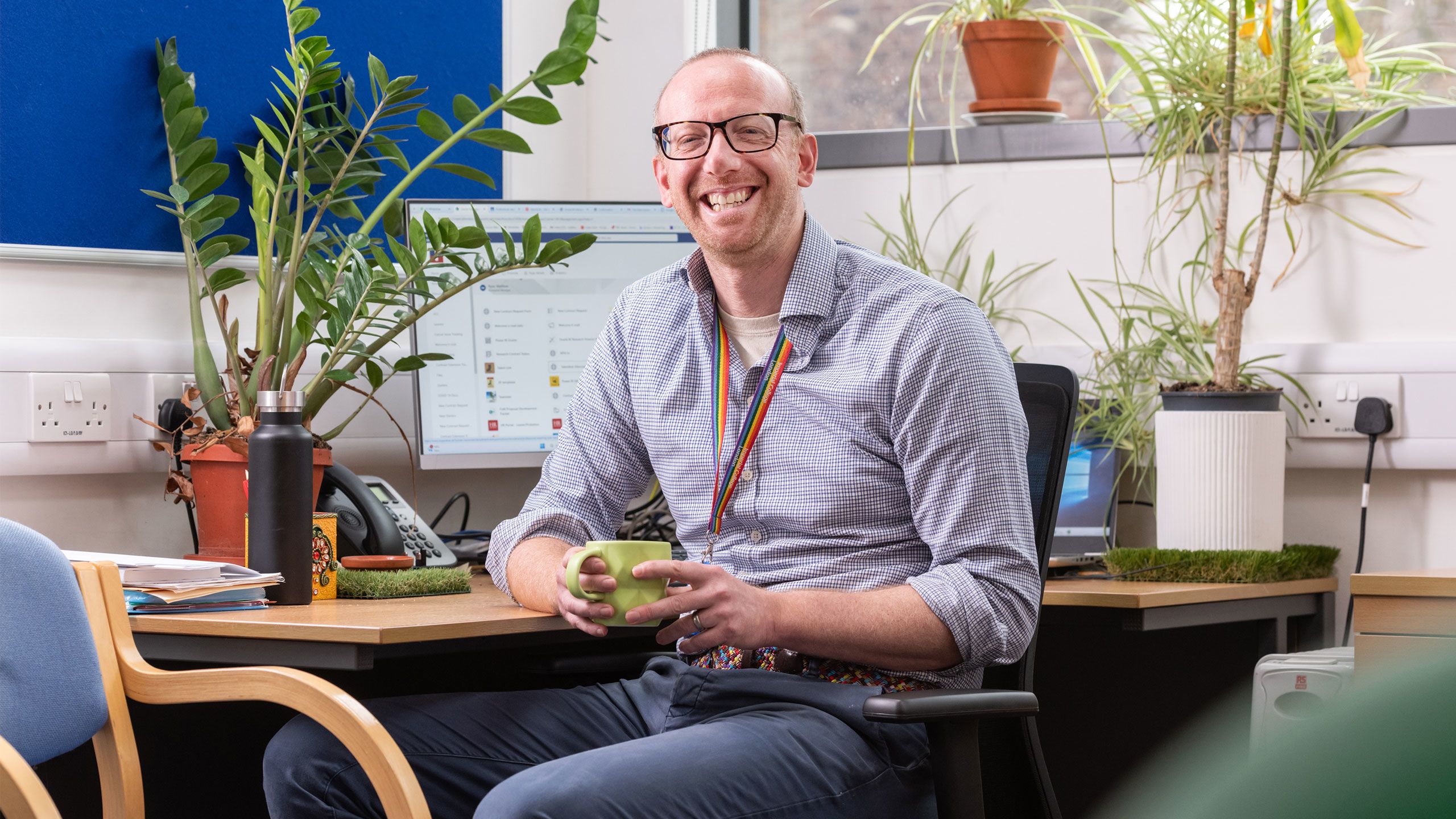
Matthew Ryan
Matthew Ryan
Fast forward to 2018, it was around this time that Matthew Ryan, Divisional Manager in the Department of Surgery and Cancer, also began to explore the option of taking shared parental leave. For Matt, the road to fatherhood was challenging as he and his partner underwent IVF treatment to welcome their rainbow baby, Ted, into the world.
For those who may not be familiar, a 'Rainbow baby' refers to a child born to parents following a previous pregnancy loss.
Opening up about the decision to take parental leave, Matt said: "For me, parenting isn’t a switch that you can ‘turn on’ when a child becomes a particular age. I think that relationship has to be built from the start, and I wanted to be fully involved from the very beginning.” The difficulties of Matt and his wife’s pregnancy journey made Ted's arrival very special, solidifying Matt's commitment to being an active and present parent the moment he was born.
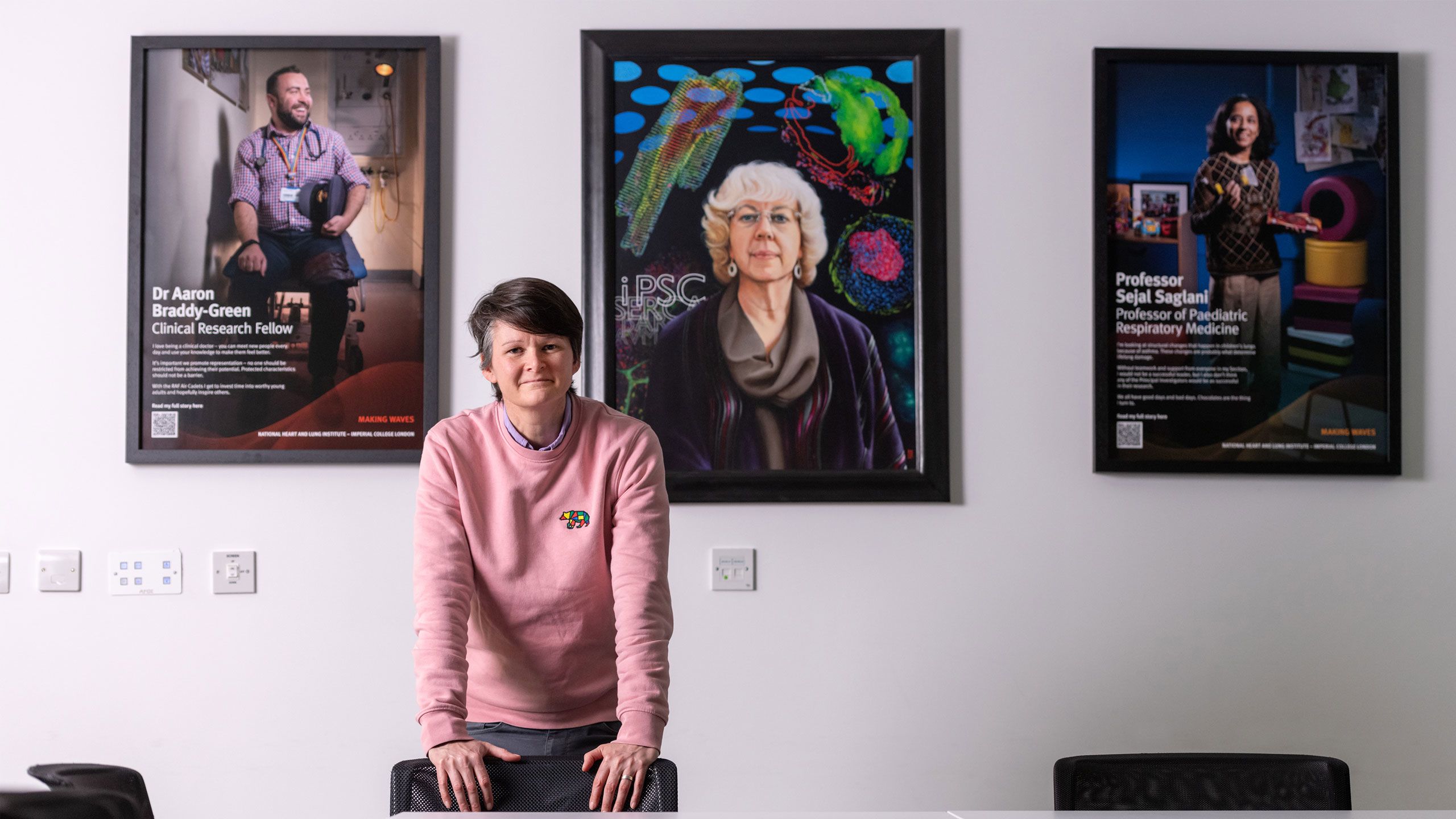
Helen Johnson
Helen Johnson
Helen Johnson, Communications and Marketing Manager for the National Heart and Lung Institute, had a unique journey into parenthood that reflects the intentional planning that some diverse families undertake. Helen and her partner Aimee approached the decision to become parents with meticulous consideration.
Discussing their approach to parental leave, Helen emphasises the importance of equality in her relationship: "We like to do things as equally as we can, and we knew from the start Aimee definitely wanted to have time with Leo [their son]." Recognising the significance of both parents being involved, Helen and Aimee decided to take turns, ensuring that neither became the sole primary caregiver. This intentional approach not only strengthened their bond with their child but also laid the foundation for a smooth transition back to work. Helen shared: "Taking turns worked really well for us, and it made me enjoy coming back to work when I did." The deliberate planning and shared responsibilities allowed both partners to be actively present in their child's early stages and according to Helen has fostered a strong family dynamic.
Michelle also decided to split her parental leave with her husband, Kyle. After 6 months, he took shared parental leave for 3 months while Michelle went back to work. Having this flexibility meant they didn't have to put their daughters into nursery straight away. This option also gave Michelle the chance to return to the lab after 6 months to mentor her students and postdocs without feeling as guilty about leaving her children.
The long term benefits
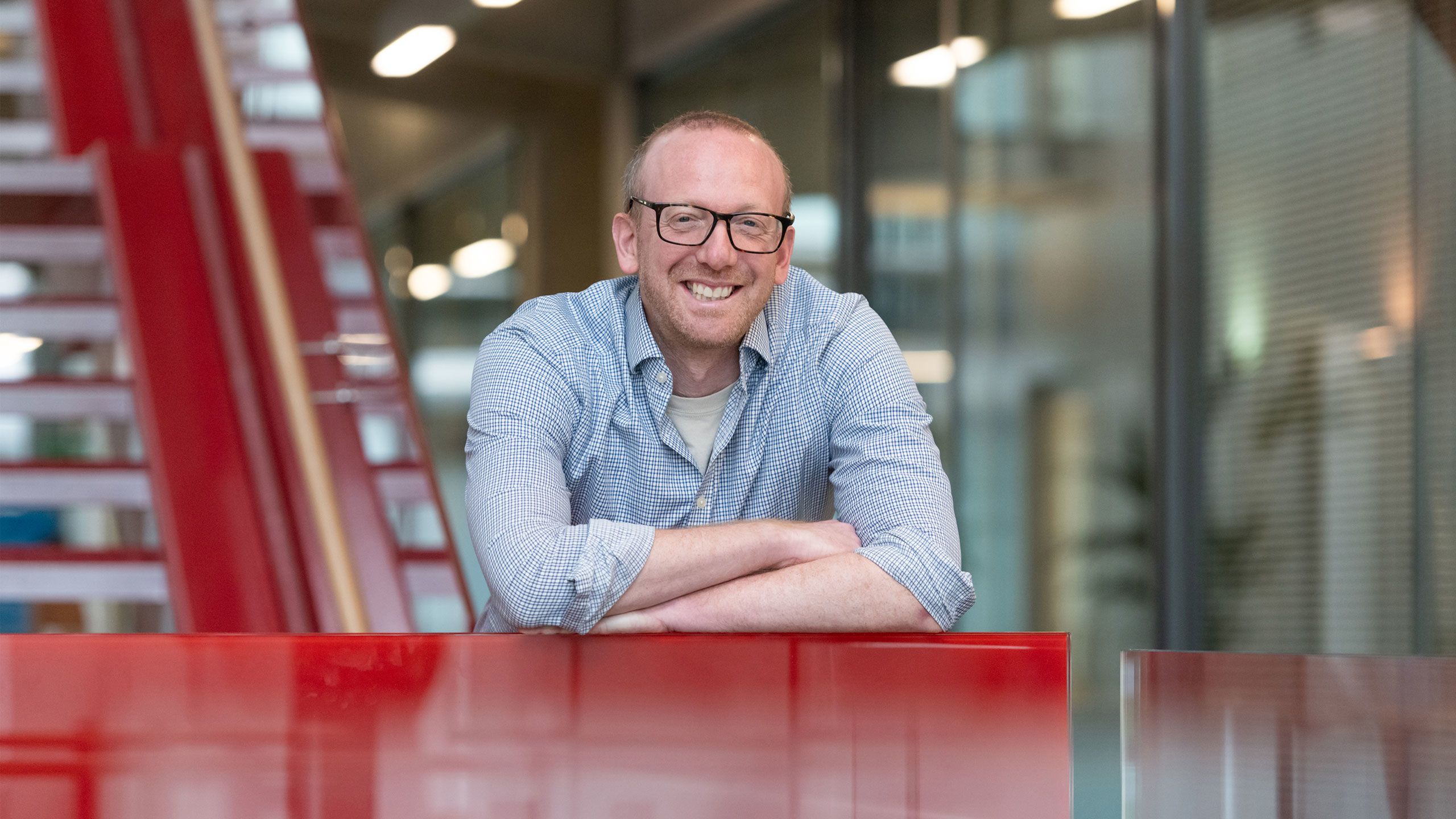
Matt, Helen, and Anthony all underline the profound long-term rewards associated with embracing parental leave, emphasising the unparalleled opportunity it provides to cultivate a deep, meaningful connection with their children during their formative years.
Matt eloquently expresses the impact of parental leave on his parenting skills: "I think I’m a much better dad than I would have been, because I’ve had the time to understand all the different things involved in having and raising a child." He emphasised the empowerment that comes with familiarity, noting, "If one of them isn’t happy, not feeling well or struggling to cope, I’ve got several different solutions that I can try myself, and that's really empowering. It makes me feel connected to them rather than feeling powerless."
Helen echoes this sentiment: "We've [Helen and her partner Aimee] both individually formed memories that we’ll always have. Alongside those experiences, we’ve both formed ways of engaging with him, which is really valuable going forward because we’re both really confident with doing anything with him."
For Anthony, the impact of shared parental leave transcended just having personal time off. He recognises its role as an equaliser within his family dynamic: "It almost acted as an equalizer because we [Anthony and his wife] were both able to go back to work and get paid". He also noted that “Parental leave was useful in setting the tone and expectations of what my partner and I were going to do in terms of work-life balance.” Parental leave, in Anthony's view, became an investment in shared responsibilities and strengthened family bonds.
"I’m indebted to Imperial, and I’ve got a real desire to kind of ‘pay them back’ for the support they’ve given me.”
- Dr Anthony Laverty -
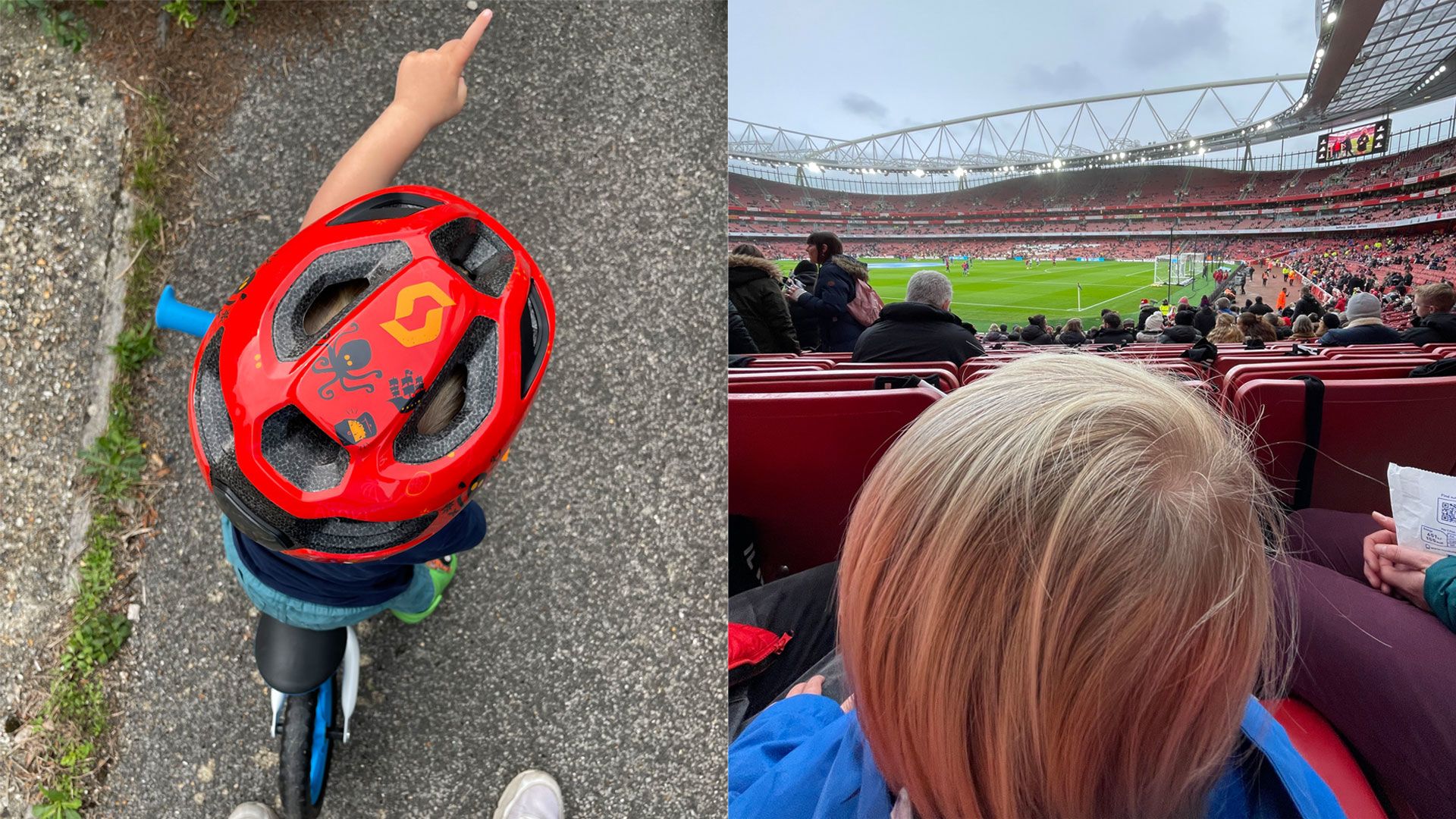
All of these perspectives underscore the transformative impact of parental leave, not only on individual parenting skills but also on the collective strength and resilience of the familial unit. Reflecting on this benefit further, Matt says that the flexibility that family-friendly policies at Imperial have given him, a greater sense of loyalty and engagement with the University. “I can’t think of a bigger reward than being happy in my job and at home. I’m grateful to be at Imperial; I try super hard at my job, but I do that partly because the University has provided a nurturing environment for me to flourish. I’m indebted to Imperial, and I’ve got a real desire to kind of ‘pay them back’ for the support they’ve given me.”
Maintaining equilibrium at home and at work
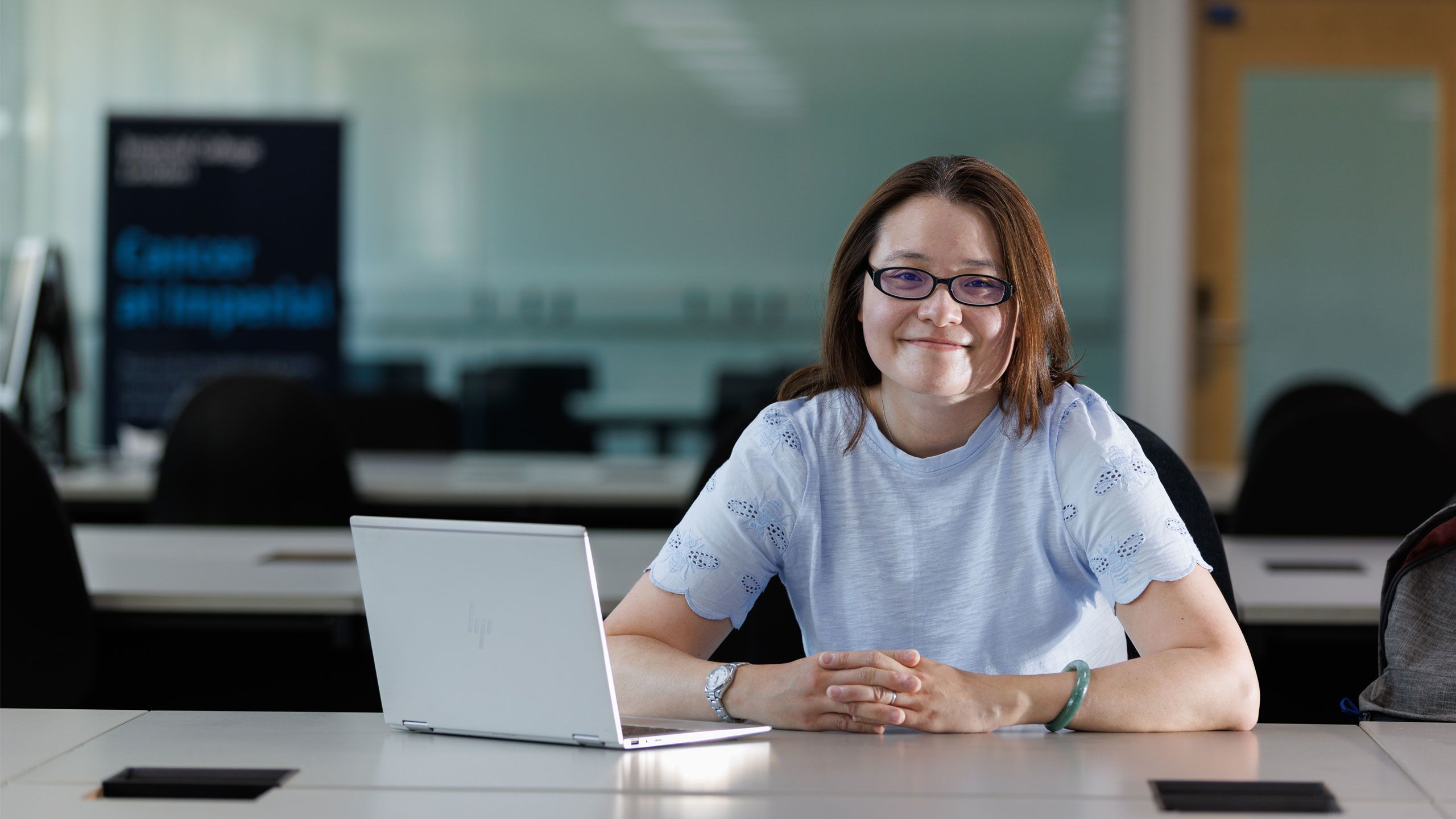
In the University’s quest to champion the wellbeing of our staff through family friendly policies, robust support systems and collaborative colleagues play an integral role in supporting their colleagues who are working parents.
Reflecting on her journey at the dynamic intersection of work and life, Dr Yoyo Dixon from the Department of Surgery and Cancer shared valuable insights into how she has successfully navigated the challenges of time management and responsibilities. According to Yoyo, the linchpin of her success lies in two crucial elements: transparency and setting boundaries with colleagues. Reminiscing about the pre-remote work era, Yoyo highlighted the importance of a well-organised schedule. "Back in the ‘old days,’ when I was in the office five days a week, I had a tight schedule to follow to ensure I was home in time to collect my daughter from school or nursery," she revealed.
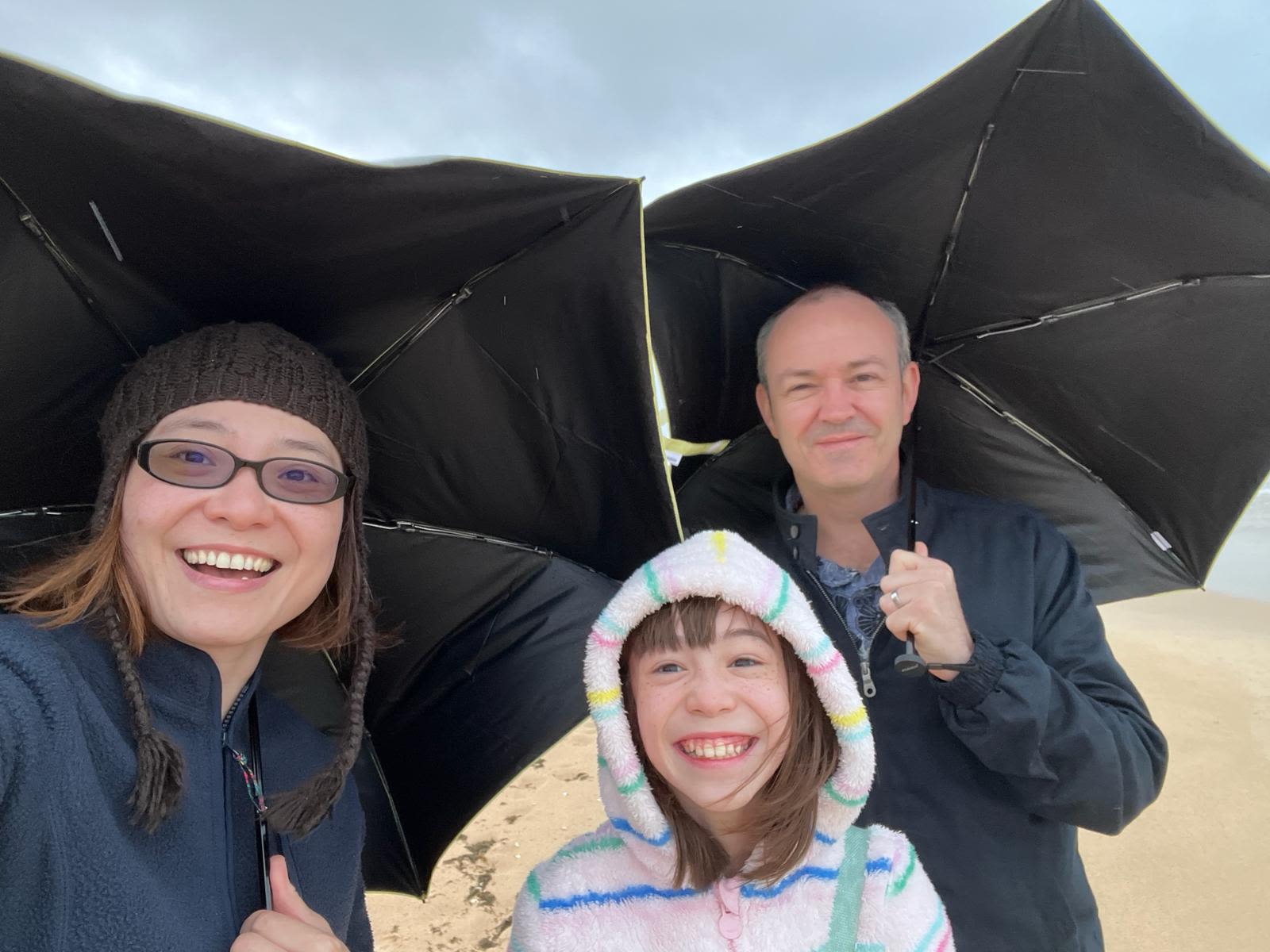
Yoyo was quick to point out that clear communication played a pivotal role in maintaining these boundaries. "I made it very clear with my team and manager that at 4pm I was unavailable to answer queries as I had to be en-route to collect my daughter on time," she explained. But it wasn't just about setting rules; it was about fostering understanding. Yoyo stressed: "Something to remember is that people will respect and understand your boundaries if you explain the why behind them. I found people were receptive when I explained why I had to be home early and how this was important to me,” she shared.
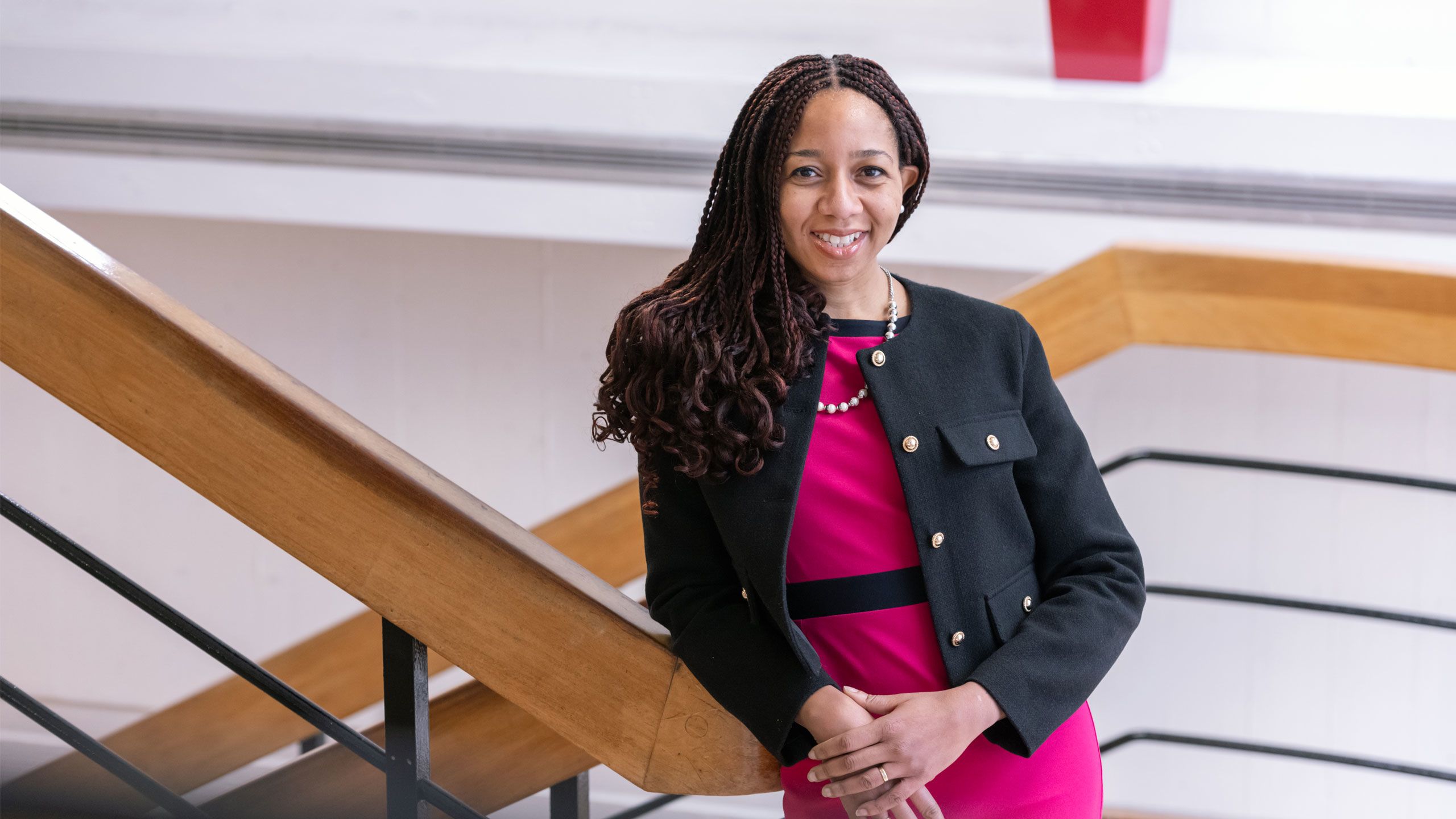
Dr Chioma Izzi-Engbeaya, a Clinical Academic and Consultant Endocrinologist, echoed these same sentiments, emphasising the need for open communication within the team. "You need to have really good communication with your manager and other members of your team as having individuals have different working hours may raise questions.”
Chioma's secret to balancing her roles as an academic in the Department of Metabolism, Digestion and Reproduction, an NHS consultant, wife, and mother lies in her meticulous organisation. She reveals that successfully juggling multiple roles is achievable “If I follow a different working pattern compared to other people,” highlighting the significance of flexible working patterns and strategic planning for professional and personal harmony. Chioma shared that for her, Imperial has been incredibly helpful in providing her with the flexibility she needs to be present for the drop off and pick up of her children.
In order to successfully navigate the tension of being a working parent, Michelle Percharde highlights the importance of seeking support and friendship from those who understand the balance between career aspirations and responsibilities. "Find mentors and peers going through the same thing. It's really empowering hearing from other people that you have permission to be flexible with your work schedule where you need to be, and that it is still possible to succeed.”
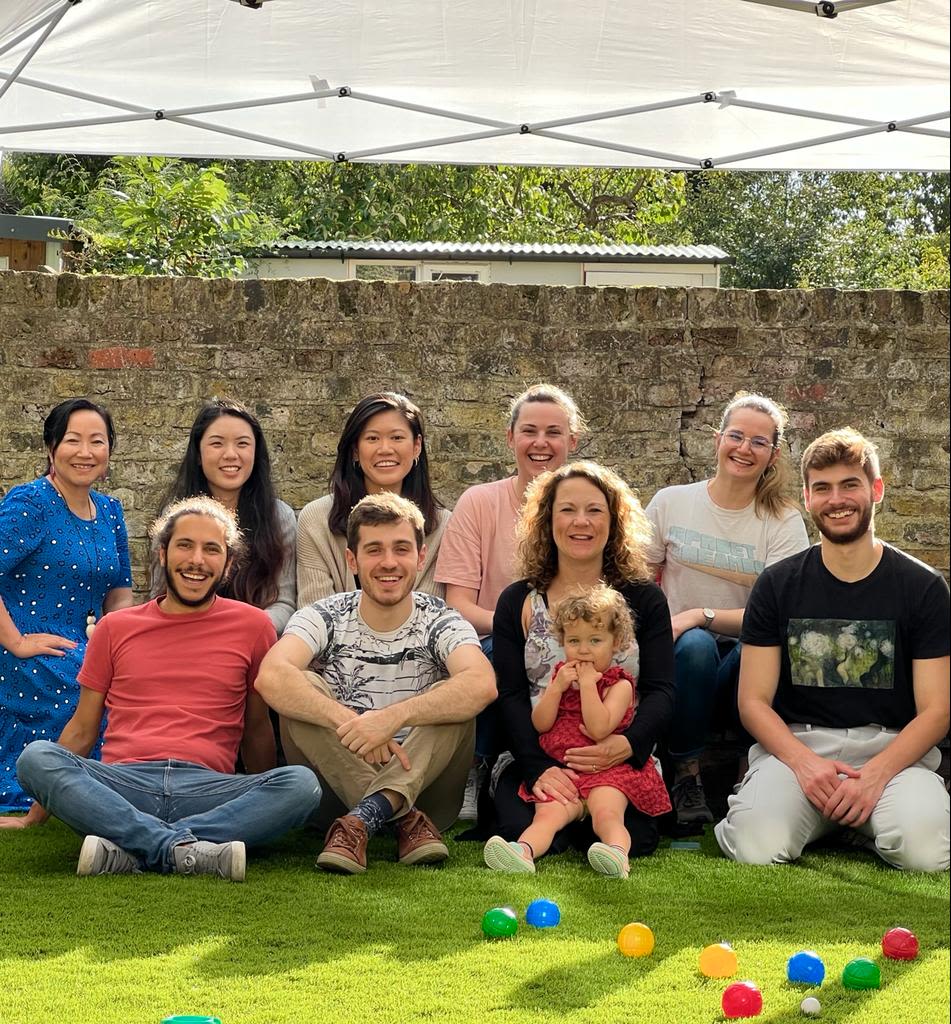
For Yoyo, mentorship looked like getting plugged into a supportive haven at Imperial in the form of the Parents and Bumps network to gain support and guidance. According to Yoyo, “It wasn't just a "safe space," but a vibrant community where she could "chat to different parents over coffee about their experiences as well as moan about the difficulties of parenthood.”

The importance of self-care
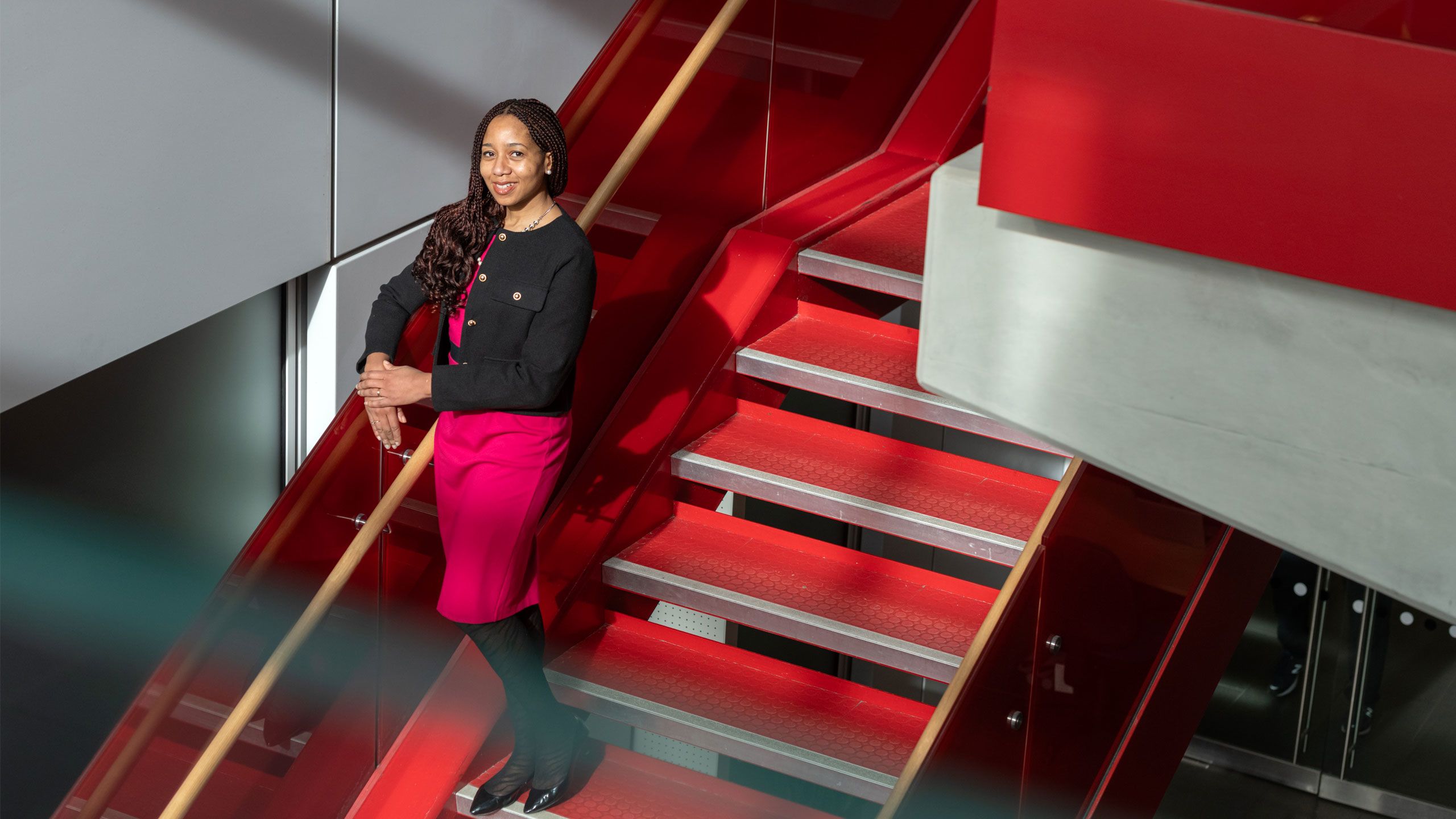
Recognising the time-intensive nature of both professional and parental responsibilities, Chioma emphasises the importance of carving out time for personal interests and self-care amidst the many demands of being a working parent. "If something's important to you, you will make time for it." For Chioma, this looks like taking time out to spend time with her family and loved ones. “The key to finding balance at work and home is to take a step back from certain responsibilities whether temporarily or permanently, to create space to pursue interests and goals that refresh you”, she says.
"If something's important to you, you will make time for it."
Support for parents at Imperial
Whether you are expecting your very first child or needing childcare for your third, Imperial's family-friendly benefits will help you to manage all aspects of children and family life and maintain a healthy work-life balance.
Imperial's support includes: family leave, flexible working, tax-free childcare, access to emergency childcare through My Family Care and early years education. There are also workshops available for new parents.
The University has a Parents Network and a Babies and Bumps Network, as well as coaching and workshops for new parents.
The Elsie Widdowson Fellowship allows academic staff to concentrate fully on their research work upon returning from maternity, adoption, surrogacy and/or shared parental leave.
Including dedicated Health and Wellbeing resources
Wellbeing at Work courses – a wide range available both online and in-person
Coaching and mentoring – the College offers in-house coaching and mentoring for all staff:
Coaching helps individuals think through their options in relation to a range of situations they may be facing in the workplace. Mentoring occurs where one colleague uses their expertise and knowledge to support another.
Parental transition coaching - supporting staff with the transition into family leave and back to work
Parent buddy scheme – provides the opportunity for you to be paired up with someone from Imperial who has recently gone through a similar experience
A range of other staff networks to join to act as a safe space to network with others from similar backgrounds
Early Years Education Centre (on the South Kensington campus) and other affiliated nurseries
Imperial activity and education camps – to help working parents and families who need to cover childcare over the school holidays
Nursing rooms and baby changing facilities – across all our campuses
P&P portal - https://www.imperial.ac.uk/parents-network/parental-portal/
Parental portal
The Parental Leave Portal offers parents and managers access to tailored, self-directed learning to manage the parental transition
Postdoc and Fellows Centre
PFDC Course: Wellbeing in Research
Springboard Women's Development Programme. Email pfdc-support@imperial.ac.uk to join the Springboard mailing list.